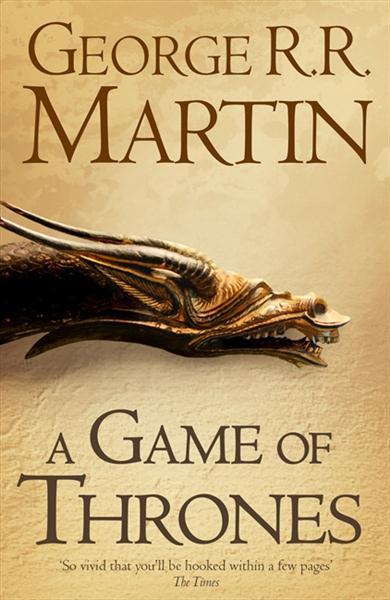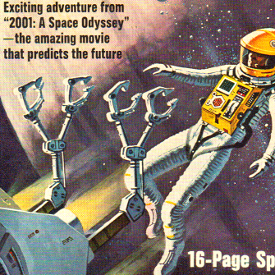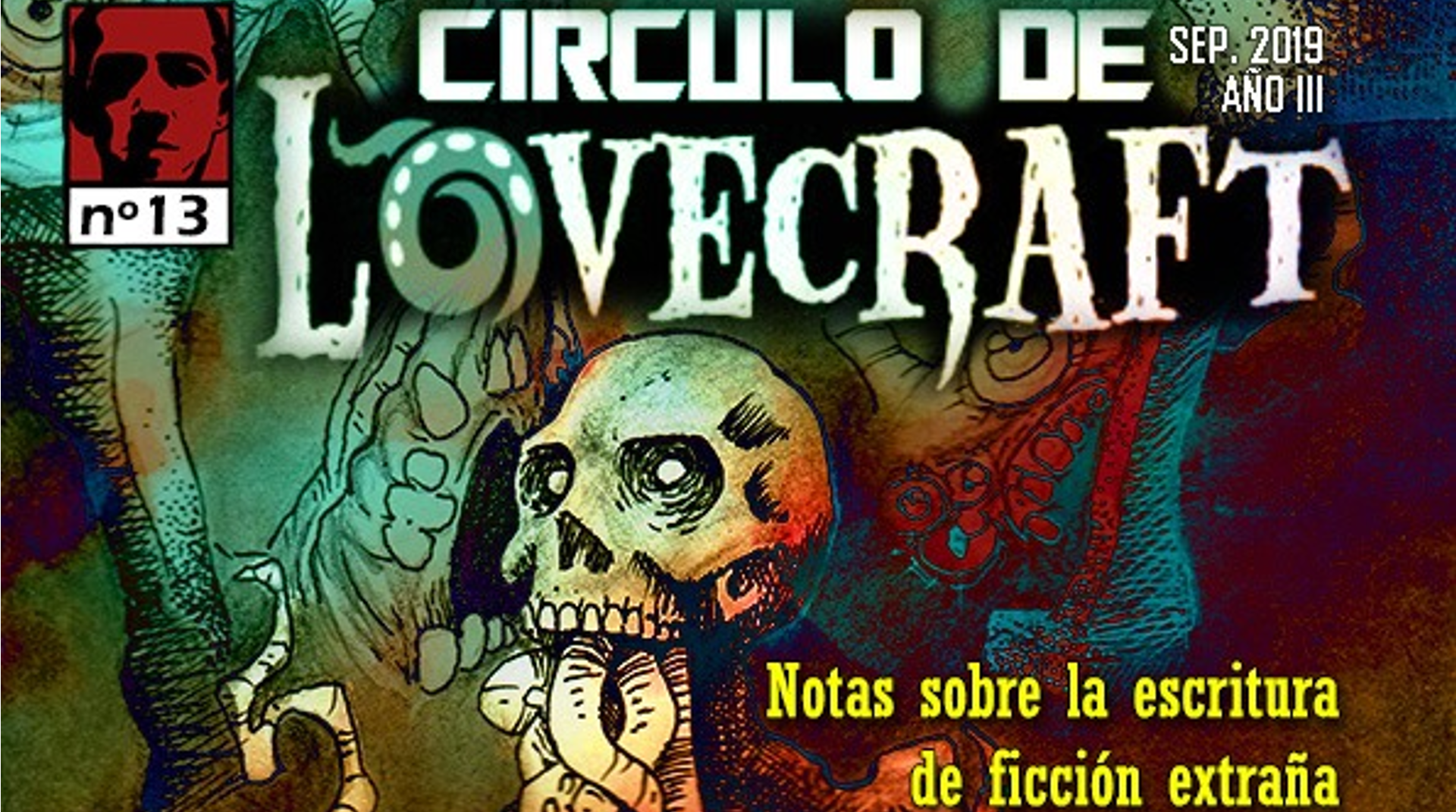I’d mentioned previously the spectrum of modern fantasy is fairly disparate, but if you go into the library or a bookstore it’s really borne out. So I think the best way to discuss the topic is looking at four authors and how they each represent some function of the contemporary literature: J.K. Rowling, Phillip Pullman, Jacqueline Carey, and George R. R. Martin.
(Disclaimer: Yes, I know that there’s a ton of great authors that I am not talking about who I probably should—I am so aware of that, BELIEVE me, but given the space of this column I have to plan accordingly. Don’t worry, I’ll do my best to get to everyone—eventually!)

J.K. Rowling starts the list for a few reasons. First, on one end of the spectrum you have what is obviously children’s/young adult literature, which <i>Harry Potter </i>undeniably is, and to which it is many respects the key game-changer for trends in YA Lit—before <i>Twilight</i>, before <i>The Hunger Games</i>, there was <i>Harry Potter</i>.
Though it has dark moments, many of them prescient (I find it impossible to read the latter three books in the series without finding parallels to the post-9/11 world), there are also many more moments of lightness, humor, and humanity. Despite early attacks that the books “glorified witchcraft” (despite the consistent celebration of Christmas in each book—riddle me that, Batman), the early volumes especially are ones that are deemed go-to books for reluctant readers.

On a different axis but in the same vein, there is Philip Pullman and <i>His Dark Materials</i>. While consistently more popular with the critics and never quite the runaway bestsellers like <i>Harry Potter</i> (particularly with the failure of a successful transition from page-to-screen), the series’ approach to physics and theology is undeniably intellectual and unapologetically secular. I particularly recommend reading the books back to back against Madeline L’Engle’s <i>Time Quartet</i>—especially if you have a long road trip coming up you need conversational fodder for.
Pullman’s novels also bridge more fully the gap between YA and adult literature than Rowling’s books, largely through content. If <i>Harry Potter </i>is a traditional story of a hero’s coming of age, <i>His Dark Materials </i>deconstructs the same notion by presenting a heroine whose maturation and moments of greatest humanity are in saving the world from its own creators.

Jacqueline Carey rewrites traditional theology but at quite another slant in her series <i>Kushiel’s Legacy</i>. Told through three sets of trilogies, Carey’s novels are unquestionably mature in content and yet profoundly spiritual in outlook. Her convincing world-building effectively presents a religion that celebrates love in all its forms, especially physically; the caliber of writing is so high as to remove any question that the erotic is only pornographic.
Carey also creates some of the most well-drawn heroines in all of fantastic literature, not to mention action sequences. (Confession: I have had vivid dreams of experiencing the world of these books and have always woken up feeling like I know what a holodeck must be like.) If you haven’t read her work, do me a favor and pick it up <i>today.</i>

Finally, George R. R. Martin (who I will discuss at length in another column) has earned the appellation of “American Tolkien” for good reason. He too is a master of world-building at a level that many authors aspire towards and only a lucky few ever really attain. His work is also grittily realistic, for better and for worse; I admire his realism but also tend to read tensely, worried about who exactly is going to be offed next.
~
So I’m hoping this whirlwind tour of the last few columns has planted some thoughts—and possibly expanded reading lists. I hope you’ll talk to me now, and tell me some what you’d like to see forthcoming here.
Cheers, as ever,
Cait











Cait,
Good post. I've recently read two things. First that GRRM is coming to Texas A&M, and second he calls this the Golden Age of Epic Fantasy.
I would be interested to read your thoughts on this Golden Age of Epic Fantasy. Sometimes I wonder if there is a difference between story telling and writing. Some novels I read seem to be lauded over the writing, while they seem to have misplaced the art of story telling. They are expert wordsmiths but I find myself skipping pages and sometimes entire chapters trying to find the story.
Are we in a golden age that values page count over content?
Is the writing really better now as some would suggest? (In general)
How should this age of writers be compared to the giants that built the genre?
RKT